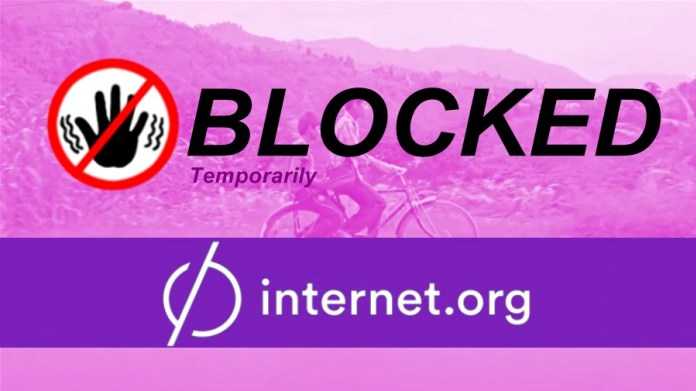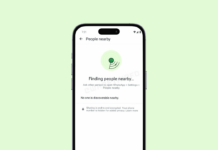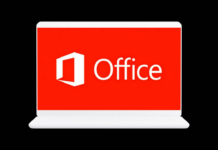According to Facebook’s Free Basics, users can access certain sites for free without utilizing mobile data. Facebook Free Basics provides local news, weather forecasts, Wikipedia, and access to Facebook free.
India Has Banned Facebook’s Free Basics
Experts maintain that a zero rating is fully against net neutrality principles. Among one principle is that all content on the Internet should be equally treated.
In other words, it is banning ISPs (Internet Service Providers) from vending “Fast Lanes” to various companies that run online.
On the other hand, it can lure customers to some extent because it is free to access. However, the reason behind its ban is that such schemes prevent growing competition and strangle startups.
Reliance Communications partnered with Facebook to provide free basics but was asked to stop free basics by Telecom Regulator last December. Facebook had spent millions on its free scheme, and in the Times of India Newspaper, Mark Zuckerberg had devoted personal comment on it.
In the Free Basics Advertisement, Zuckerberg compared Free Basics to a Public Library, recommending that its limited subscriptions are still helpful to the Country. Despite such efforts, Facebook failed to get a cover of Free Basics in India. The ban by India wasn’t solely for Facebook but to ban Free Basics from any organization. See below notice by Telecom Regulator :
“TSPs (telecom service providers) are prohibited from offering different tariffs based on the content, service, application or other data that a user is accessing or transmitting on the internet. Tariff for data services cannot vary on the basis of the website/ application/ platform or type of content being accessed. For example, a consumer cannot be charged differently based on whether she is browsing social media site A or B, or on whether she is watching streaming videos or shopping on the internet.”



